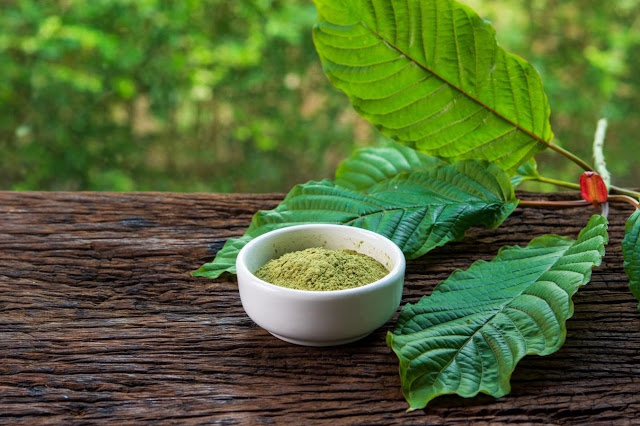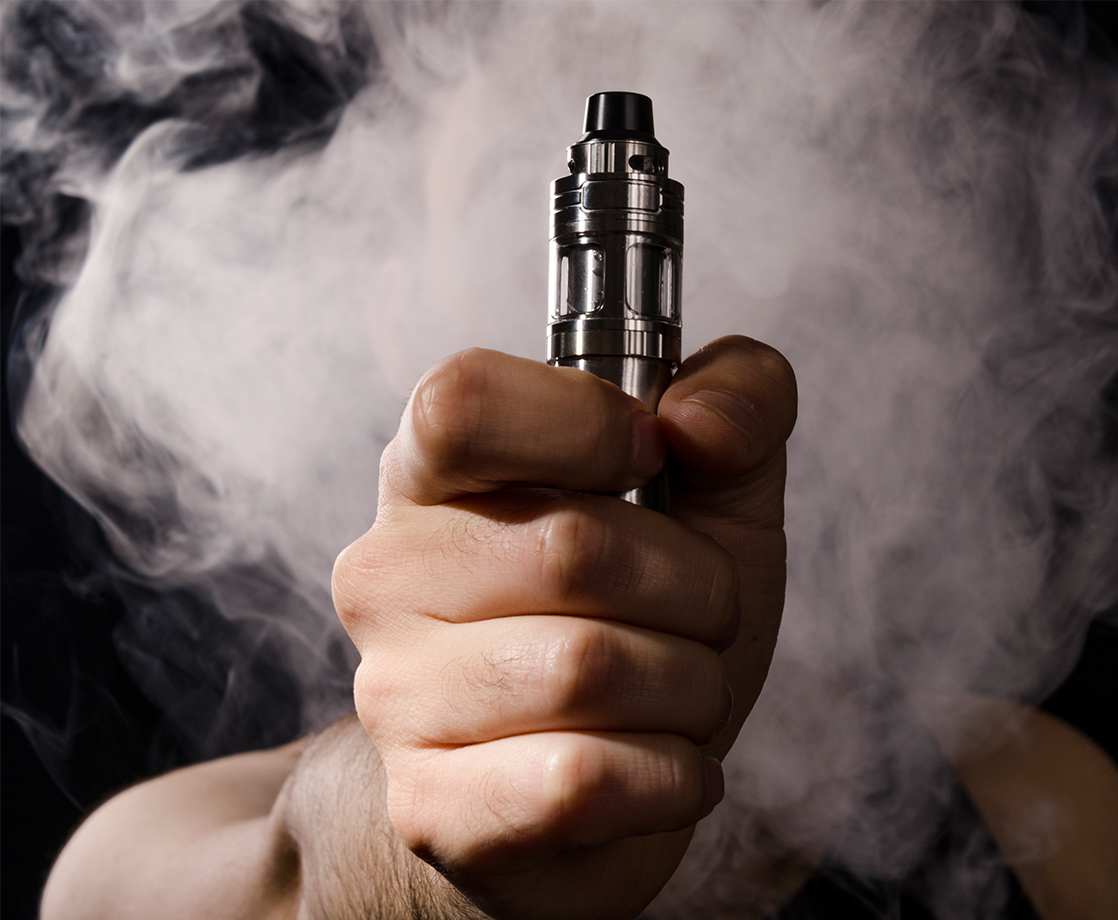Image via
Two years after becoming the first Southeast Asian country to legalize medical marijuana, Thailand has fully decriminalized the possession and sale of kratom.
Last month, the Thai government removed kratom from its list of controlled narcotics, effectively making it legal to possess and sell this natural plant without fear of jail time. The new law also provides retroactive justice for people who have been arrested for kratom. According to Thai Justice Minister Somsak Thepsuthin, 121 inmates who were jailed for kratom offenses are being released from prison immediately, and thousands of pending criminal cases will be dropped.
Kratom, a green powder extracted from a tree native to Thailand and neighboring countries, has traditionally been used as a mild stimulant and painkiller. In the early 20th Century, kratom started to gain popularity as an alternative to opium, but the Thai government began imposing restrictions on this plant in the 1940s, and banned it entirely in 1979. Kratom remained strictly prohibited until 2019, when the country legalized both cannabis and kratom for purely medical use.
This new law allowed Thai doctors to prescribe kratom to patients, but anyone who was caught possessing the drug without a prescription was still subject to harsh penalties. Before passing the new decriminalization law, anyone caught with unlicensed kratom could be fined up to 200,000 baht ($6,077) and sent to jail for up to two years.
Somsak personally began advocating for decriminalization last year, arguing that it would help reduce legal costs and prison overcrowding. The justice minister also advocated for using kratom as a low-cost alternative for addictive and expensive pharmaceutical opioids. And since the kratom plant grows natively in Thailand, it could provide a welcome source of income for farmers in the impoverished southern regions of the country.
Now that the decriminalization law is in effect, companies are already gearing up to open new kratom production facilities. This week, Songkram Buathong, chief of Ban Na San’s Namphu subdistrict in southeast Thailand, announced that the Kratom For Health company was planning to open the country’s first kratom extraction plant. The company intends to purchase fresh kratom leaves from local farmers, which it will use to produce energy drinks, chewing gum, food supplements, and other infused products.
“The company decided to set up a kratom procurement and production hub in Namphu subdistrict because kratom in the South is of high quality,” said Songkram to The Star. In the weeks since kratom was decriminalized, the price of kratom seedlings has tripled to 300 baht ($9.24) per plant, and raw leaves are now selling for as much as 400 baht ($12.32) per kilo.
But although companies and farmers are rushing to take advantage of this new opportunity, some community leaders have expressed some reservations. “To decriminalize kratom is the right thing to do,” said Ramdin Areeabdulsorma, a local politician in the Pattani province, to the Associated Press. “Local people or patients who need it will be able to access it more easily. However, I am concerned that teenagers will use it in a wrong way, for example, mixing kratom with other narcotics. We have to control this strictly, otherwise, it can cause damage.”
Despite these concerns, it is likely that Thailand’s local kratom industry could expand as rapidly as its medical cannabis industry has. Just eight months after the country legalized medical pot, local producers were already shipping cannabis oils to local hospitals. Now, Thai citizens are allowed to grow their own weed and sell it to medical producers, and the government has legalized low-THC hemp foods and cosmetics.
Thai Prime Minister Prayut Chan-o-cha even puffed on a weed vape at a public event, demonstrating his country’s wholehearted embrace of medical pot – a remarkable shift for a country that would imprison people for up to five years for possessing a single joint.











